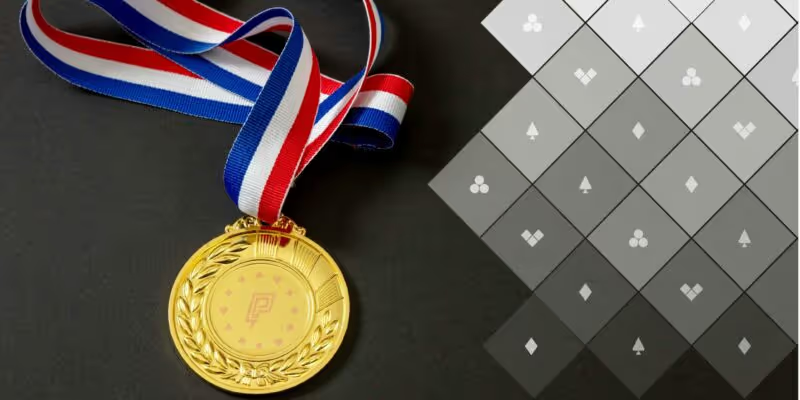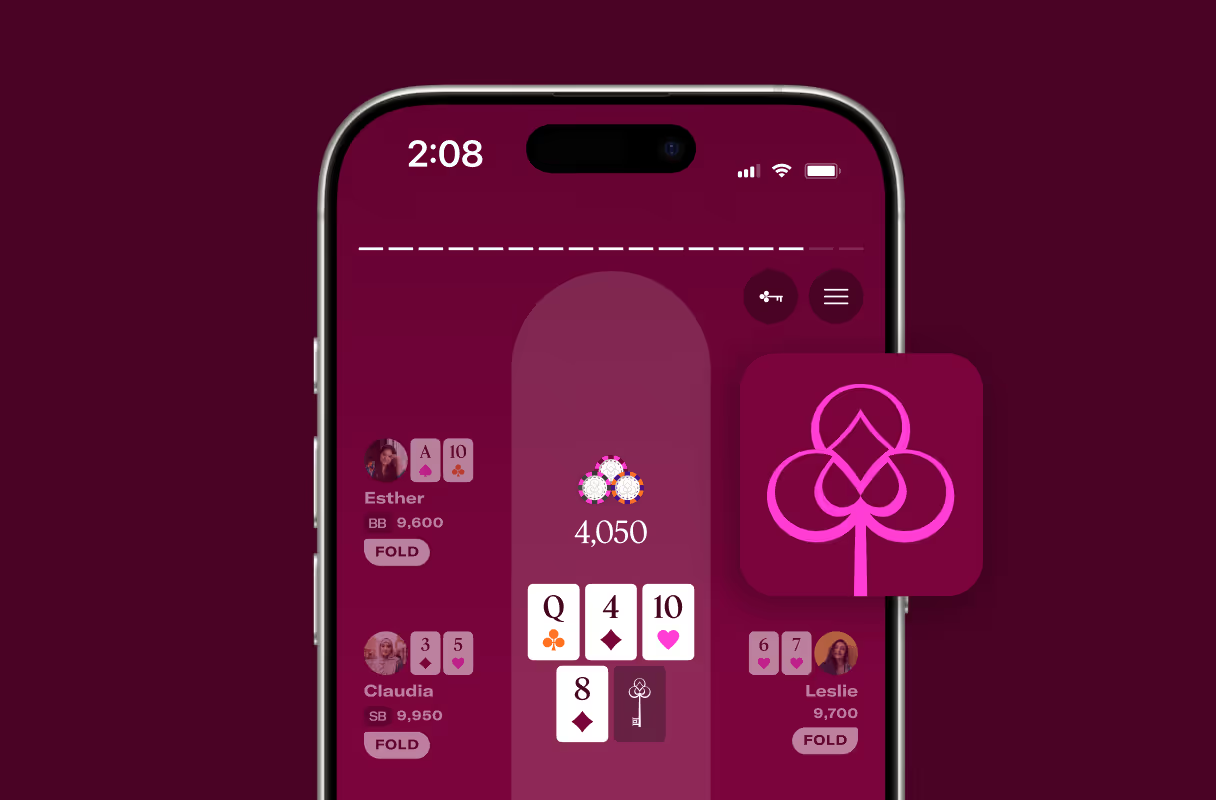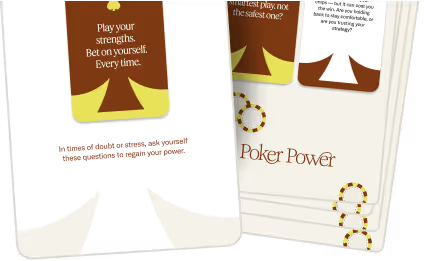What if poker were an olympic sport? Match Poker, a version of online poker where players are dealt the same cards, is under observer status as an olympic game. Alongside other potential events, such as Rugby or competitive rafting, poker is waiting in the wings to feature at a future olympics. So what would poker look like at the Olympics and who would win gold? Here’s our take.
The structure and qualifying process
In Match poker, four teams of four play against one another such that each table has exactly one player from each team. Players make their moves on tablets where a CPU generates the same cards for the same seat number at each table.
For example, if the four countries competing were Iran, Vietnam, Mexico and France, the tables could be set up like this where the same colors are given the same cards:
This is the same “matching” structure used in the Brains vs Bots Heads up Challenge.
Countries would qualify by playing hands vs the Match Poker Database. Here, each contestant tests themselves against the hundreds of thousands who have played those same cards before – in the same position and with the same flop, turn and river. With luck taken out of the picture, the stage is set for an olympic showdown!
Which countries would be the favorites?
Using the MIP prototype for reference, the games would be four-handed in a cash game structure. The country most likely to win gold would be the country whose best players specialize in this poker setting (similar to 6-max online cash games.) Qualifying countries would send their four best players to compete and judges would aggregate the results of each player to crown the winning country. Here are some early frontrunners:
Canada??
Canada has a knack for churning out the end-bosses of world poker. It may be due to Canada’s excellent, accessible analytical education. University of Waterloo has produced world class players like “Timex” and Poker Power’s very own Xuan Liu. Add legendary natives Kristen Bicknell and Daniel Negreanu to the mix and you’ve got a formidable team.
Germany??
The Germans are known for playing a style that mirrors optimal poker theory closely. This may contribute to the incredible CVs of the German tournament high-rollers. Germany is spoiled for choice when it comes to their “starting four”; 11 Germans have won eight figures in poker tournaments and 50 have won seven figures.
USA ??
The US boasts a glut of talented women. Per the Global Poker Index, 18 of the top 25 highest-performing women in GPI-recognized poker tournaments are American. The US also has the geographic advantage of Las Vegas, the globally-recognized most competitive live battleground to develop talent.
England???????
Professional poker was made for the English: England collects no taxes for poker winnings and lets their citizens play on every major poker site. It’s no wonder that author Victoria Coren Mitchell and physicist Liv Boree took their talents to the poker table and won European Poker Tour titles (Victoria won 2!) With such a strong incentive for the country’s best and brightest to pursue poker, England will always have a strong team.
India ??
India would enter the Olympics with the most experience in match poker as the earliest adopter of the format. This advantage would be greatest in the qualifying rounds while the rest of the world wraps their heads around the nuances of match poker, but India boasts excellent online poker players like “Pocketfives” and “Psyduck101” to carry them through the finals.
China??
The popularization of GG Poker has exploded the Chinese poker market to life. With affluent hubs of Hong Kong and Macau, China has given rise to talented poker players like 2020’s Main Event runner up Wenling Gao. China is famous for investing in their olympians so the Chinese poker squad would likely be stacked with coaching, information about their opponents, and the latest training technology.
Honorable mentions
Norway/Finland/Denmark/Sweden: The Scandinavian region has supplied the online poker world with premier talent for decades, from “Isuldur1” to Annette Obrestad and Patrik Antonius. While the talent is spread out among the small Nordic countries fairly evenly, any of these sleeper powerhouses could come up with a big result on their year.
Do you want to represent your country as a poker olympian? We can teach you how to play and win! Poker Power is a by-women, for-women poker educator flipping the table and unleashing the power of poker. Sign up for classes to join us today.





